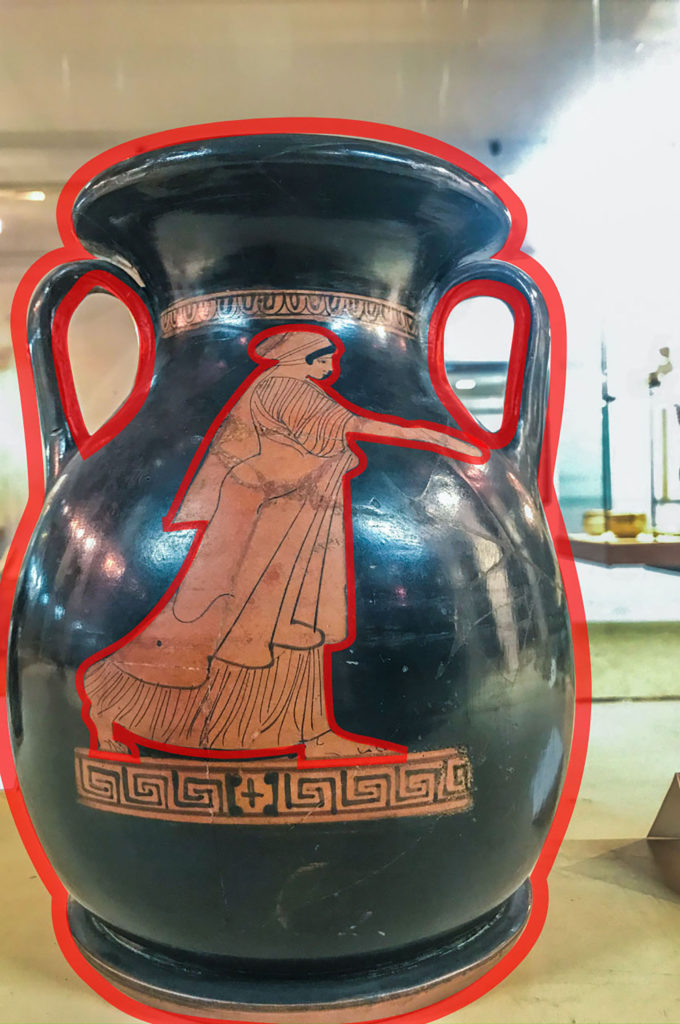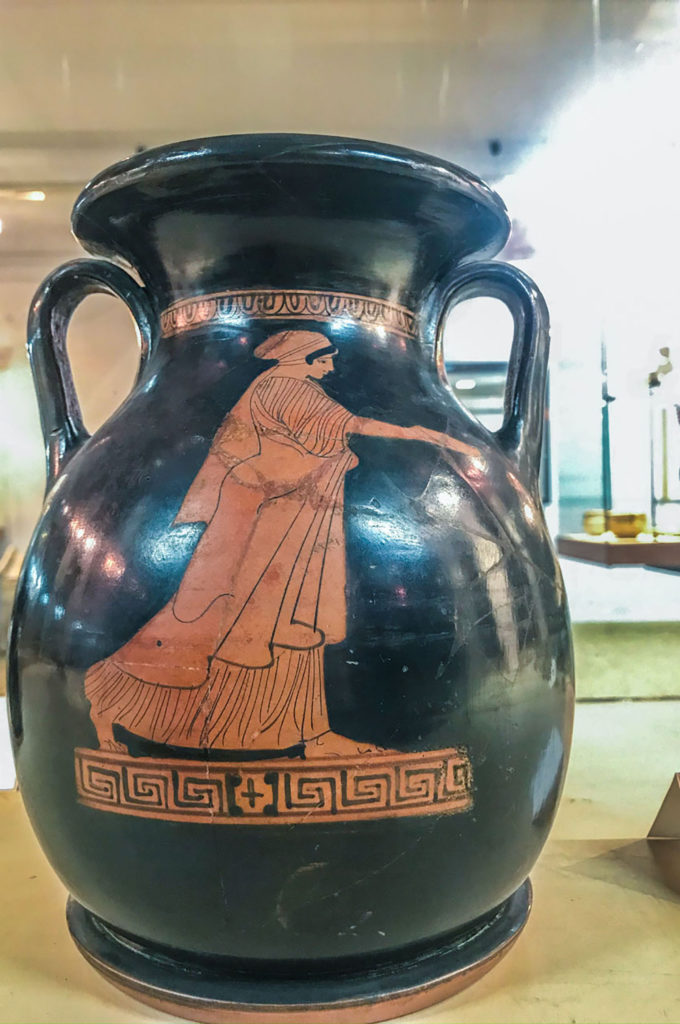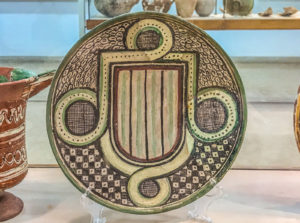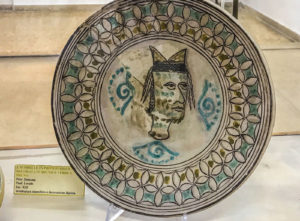In 1965, the Museum of Ceramics was founded in order to save a centuries-old tradition. Located on one of the main streets, Via Roma, the location was refurbished before the inauguration.
It has a special entrance, a 19th-century portico that rests on a tall raised structure accessed by a series of staircases. The
maiolica
decorations make it extra special, embellishing and adding colour to the façade.
The museum contains pottery from the Greek age until the beginning of the 20th century, including collections of Arab, Norman, Suevian and Aragonese artefacts.




The pottery is exhibited in four large rooms, where there are around 2500 artefacts and work from the ancient, medieval, post-medieval and modern worlds. The collections mostly come from the Civic Museum of Caltagirone and the “
Luigi Sturzo
“, State Institute of Art for Ceramics, but also from other Sicilian museums such as the Russo-Perez collection or from private collectors including Professor Antonino Ragona.